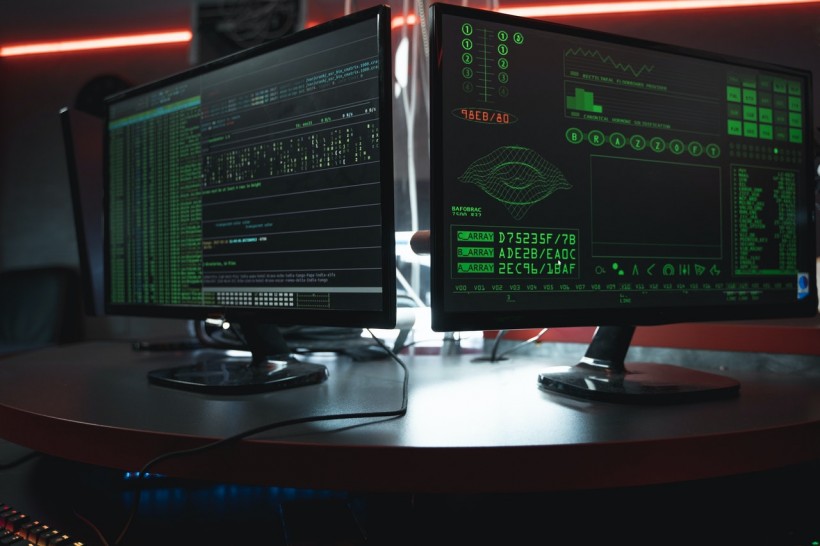The Pros and Cons of Technology Use in Law Enforcement

Like every other sector of society, law enforcement agencies want to be at the leading edge of technology. As citizens, we want law enforcers to have the best technology so they can achieve the best outcome. However, what we know as consumers and tech enthusiasts is that technology rarely lives up to expectations. We are a long way from self-driving cars despite what people like Elon Musk tell you. It is not just about the car deck. It is also about infrastructure and driver retraining. These are hard problems to solve that are not all that close to being solved.
We are nowhere near being able to replace police vehicles with self-driving vehicles. Rushing that technology would actually hinder rather than help law enforcement. A better deployment of technology would be outfitting local law enforcement agencies with the most advanced evidence locker available. These types of technologies help to ensure justice and reduce human error.
When thinking about evidence handling, you have to consider the types of things that might come up in court such as whether something was held at the proper temperature or whether the evidence could have been accessed inappropriately. Evidence chain of custody can make or break a case. Technology is a welcome addition to this aspect of law enforcement. Here are other technologies that are also being considered:
Tracking Devices
Gadgets that can assist in investigations are proving to be useful to law enforcement. A large part of police work is investigation. That can be challenging work without a good starting point. Now that everything seems to be equipped with some sort of tracking device or tracking capability built in, police detectives can get a solid starting point for their investigations.
It is not always about recovering lost iPhones and stolen laptops. That said, sometimes, the police will track down a stolen device with the help of Find My and other integrated tools. Just remember that there is no uniform rule determining whether a police department will help find your lost or stolen devices.
However, there are a lot bigger things you want your police department doing on your behalf. Much of what they need to be doing starts with getting whereabouts and timing. If the detectives know what devices were stolen, they could quickly determine the base of operations and possible identity of the perpetrators. The biggest challenge to using this type of tech is the fear of persistent surveillance, loss of privacy, and weakening of encryption. These tensions will always exist and require wisdom, balance, and a steady hand to navigate these issues.
Facial Recognition
We can all see the obvious benefits of facial recognition in law enforcement if we could actually get it right. There is a reason we keep trying. There is also a reason we keep failing despite our best intentions. It is a difficult problem both technologically and socially. Recently, the EU called for a ban on police use of facial recognition but not commercial use.
Some say inherent human bias is baked into the programming. If that is the case, then it is a chicken and egg type of problem. We want to use the technology to help eliminate biases from the equation. Yet the software and hardware cannot be designed outside of the often hidden biases deeply integrated into the process of making facial recognition work. What we have to figure out as a society is whether or not the future, potential benefits are worth the present, real downsides. So far, there is no real consensus.
Crypto
Cryptocurrency is like encrypted money. What could possibly go wrong? Consider this: Almost every crime of extortion and illegal commerce these days is powered by cryptocurrency. It has given criminals a way to evade law enforcement and remain anonymous. That said, these are the same downsides and attributes of encryption in general. Yet most tech enthusiasts support strong consumer encryption.
Whether cryptocurrency makes life easier or more difficult for law enforcement is almost beside the point. Digital assets and cybersecurity is here to stay. The good news is that if law enforcement learns to work around crypto to do their jobs well, then encryption in general will also not be a barrier to a safer society.
Technology has been a part of law enforcement for a long time. If more people pay attention to such technologies as tracking tech, facial recognition, and crypto, we will have more efficient and successful law enforcement abilities tomorrow.
Subscribe to Latin Post!
Sign up for our free newsletter for the Latest coverage!










